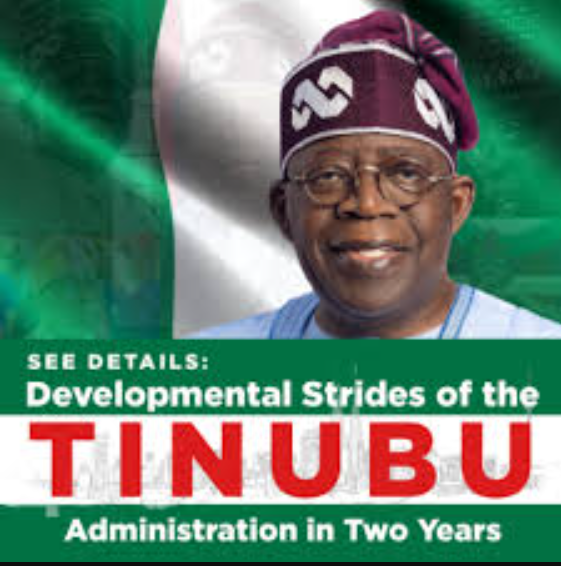The Federal Government has unveiled the authentic and approved list of subjects under Nigeria’s newly revised Basic and Senior Secondary Education Curriculum, cautioning stakeholders to disregard fake versions currently circulating.
In a statement signed by the Executive Secretary of the Nigerian Educational Research and Development Council (NERDC), Professor Salisu Shehu, on September 8, 2025, the council confirmed that the reforms were developed under the Federal Ministry of Education’s National Education Sector Reform Initiatives (NESRI) to reduce curriculum overload and ensure positive learning outcomes.
The council warned that “nationwide sensitization and teacher capacity building have been slated to commence immediately for effective implementation,” adding that the new curriculum would take effect from the beginning of each three-year education cycle—Primary 1, Primary 4, JSS1, and SS1.
Under the revised structure, pupils in Primary 1–3 will take between 9 and 10 subjects, including English Studies, Mathematics, Nigerian Languages, Basic Science, Physical & Health Education, Nigerian History, Social and Citizenship Studies, Cultural & Creative Arts, and CRS/Islamic Studies, with Arabic as optional.
From Primary 4–6, pupils will offer 11 to 13 subjects, including the introduction of Basic Digital Literacy and Pre-vocational Studies, while French and Arabic remain optional.
At Junior Secondary School (JSS1–3), students will take a minimum of 12 subjects, including English, Mathematics, Intermediate Science, Digital Technologies, Social & Citizenship Studies, Nigerian History, and one Nigerian language. In addition, each student must choose at least one trade subject such as Solar Photovoltaic Installation, Fashion Design, Livestock Farming, Beauty & Cosmetology, GSM Repairs, Horticulture, or Business Studies. French and Arabic remain optional.
At the Senior Secondary level, five subjects are compulsory: English Language, General Mathematics, one trade subject, Citizenship & Heritage Studies, and Digital Technologies. Students will then choose from Science, Humanities, Business, and additional trade options. The science cluster includes Biology, Chemistry, Physics, Agriculture, Further Mathematics, Physical and Health Education, Foods & Nutrition, and Technical Drawing. Humanities cover History, Government, CRS, Islamic Studies, Nigerian Languages, French, Arabic, Literature in English, Visual Arts, Music, and Home Management. Business subjects include Accounting, Commerce, Marketing, and Economics.
While the Federal Government says the reforms are aimed at producing “future-ready learners” and ensuring relevance, flexibility, and skill acquisition from the earliest stages of schooling, reactions remain mixed.
Some teachers and parents have criticised the sudden rollout, arguing that schools are not fully prepared and that wider consultation was needed before implementation. But the government has insisted that the new curriculum will be enforced beginning with the 2025/2026 academic session.
According to the NERDC, the reforms mark a “new phase in Nigeria’s education system,” one that blends traditional learning with digital skills and vocational training to better equip young Nigerians for a rapidly changing global economy.

